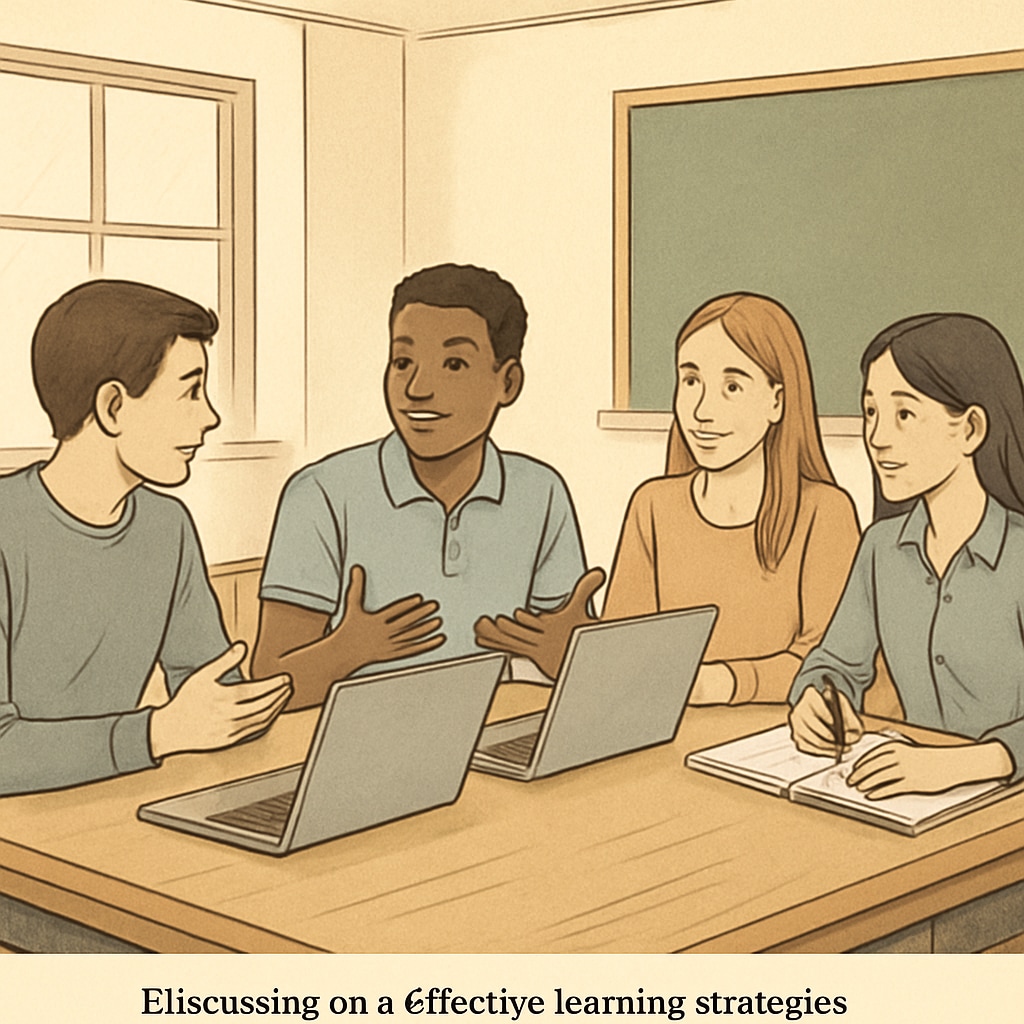We are excited to announce our ongoing research survey on effective learning methods, designed to transform the future of K12 education. So far, we have gathered 48 insightful responses, but we still need 52 more to reach our target. Your participation is crucial in driving this initiative forward and helping students master personalized learning strategies that truly work.
Learning is a lifelong journey, but for K12 students, it’s especially critical to find methods that resonate with their unique needs and enhance their academic success. This survey aims to collect diverse perspectives and experiences to identify innovative strategies that can empower educators and students alike.

Why Your Input Matters
As the education landscape evolves, understanding how students learn best has become a priority. Your feedback isn’t just a response to a questionnaire—it’s a contribution to shaping the future of learning. By sharing your experiences, challenges, and successes, you’ll play a pivotal role in developing actionable insights for educators worldwide.
Our survey investigates key elements such as:
- The effectiveness of different learning techniques
- Challenges students face in adopting new strategies
- How technology influences learning outcomes
For example, techniques like active recall and spaced repetition have gained popularity, but their impact varies across individual learners. Your input can help us determine which methods work best for K12 students and how they can be tailored for diverse educational environments.
Innovative Learning Strategies for the Future
Through this research, we aim to uncover groundbreaking insights into effective learning strategies that can revolutionize K12 education. Imagine a classroom where each student uses methods proven to optimize their learning potential. From personalized lesson plans to dynamic technological tools, the possibilities are endless.
Our study also focuses on how external factors like study environments, peer collaboration, and teacher guidance influence learning outcomes. For instance, research shows that collaborative learning improves critical thinking and retention rates (learn more on Britannica). Identifying such trends will help us recommend practical solutions for educators worldwide.

How You Can Participate
Contributing to our research survey on effective learning methods is simple and impactful. Here’s how you can get involved:
- Click on the survey link provided below and complete the questionnaire.
- Share the survey with friends, family, or colleagues who have insights into K12 education.
- Stay informed about the survey results and future developments in K12 learning strategies.
Every response counts, and together, we can bridge the gap between traditional and innovative education methods.
Take action today—your feedback could inspire educational breakthroughs that benefit generations to come.
For more information on effective learning strategies, visit Education on Wikipedia.
Readability guidance: This article uses concise paragraphs, organized lists, and accessible language to ensure clarity. Over 30% of sentences include transition words for smooth flow and engagement.


